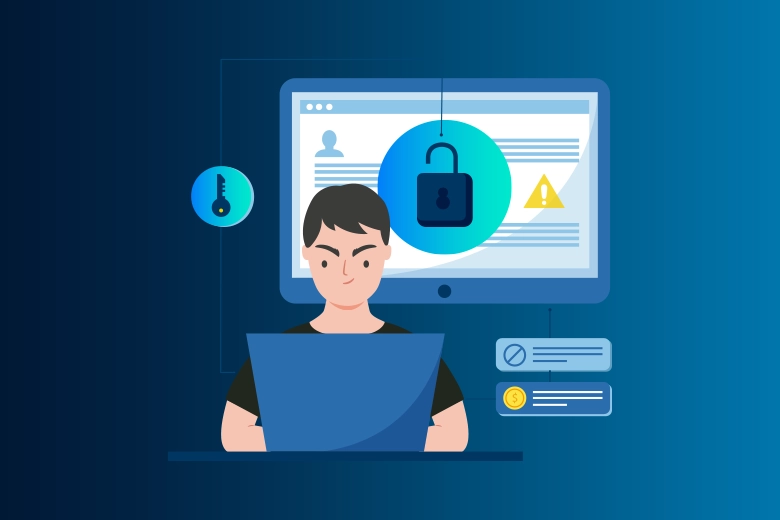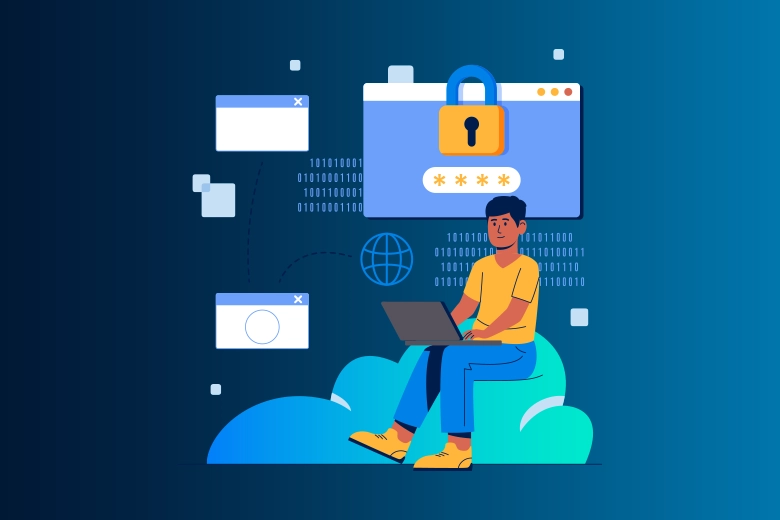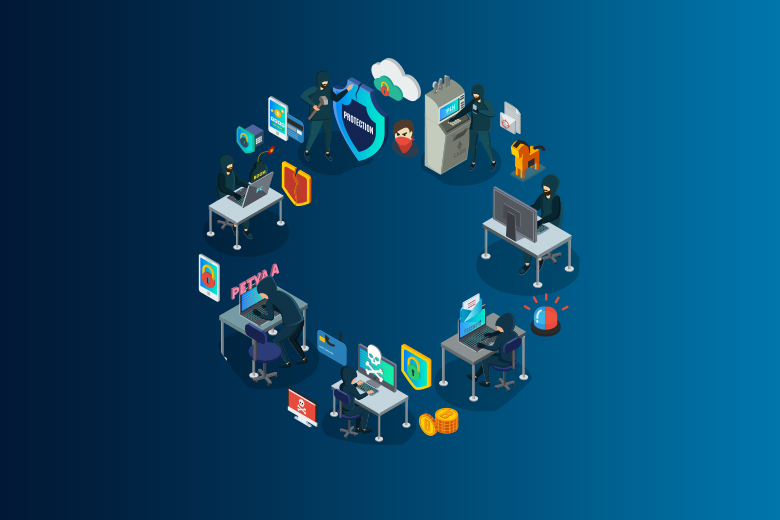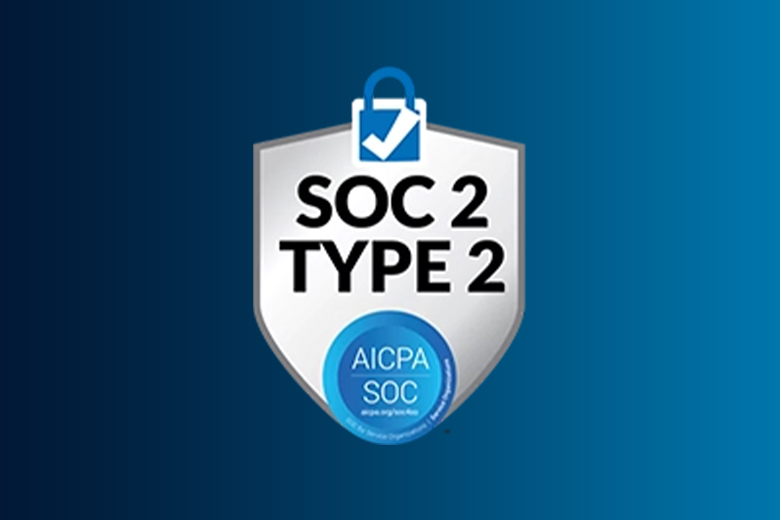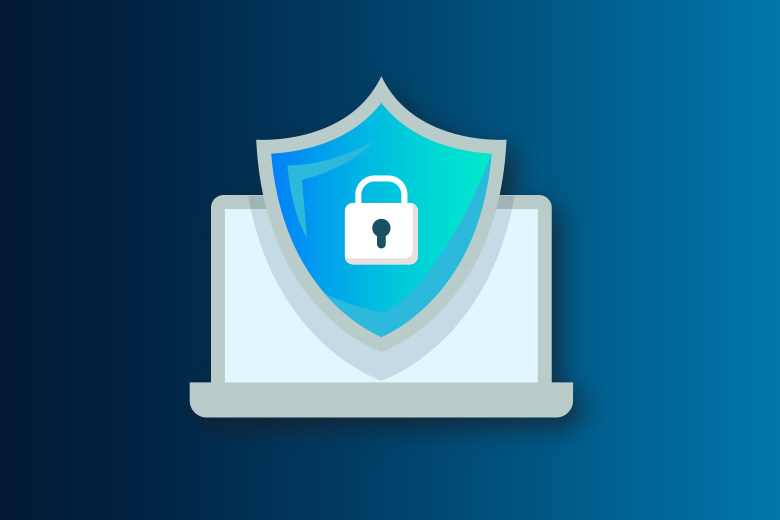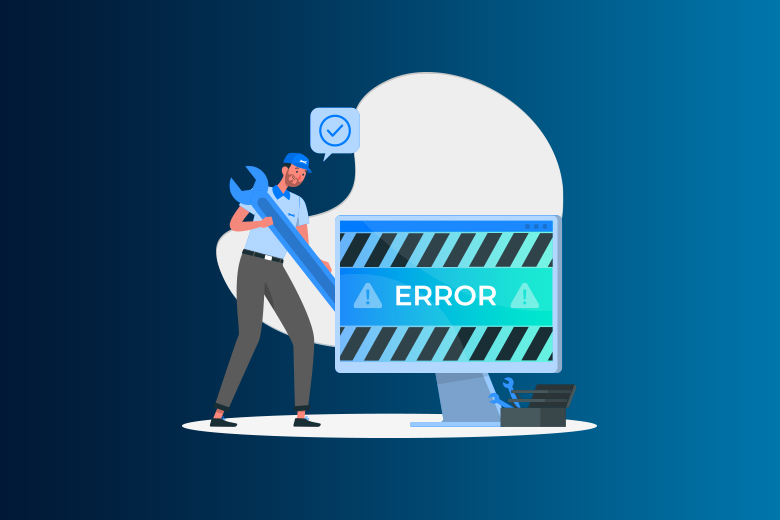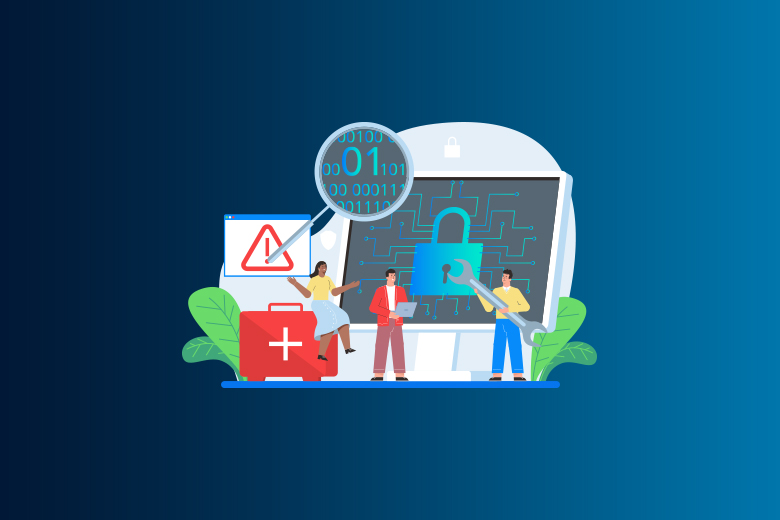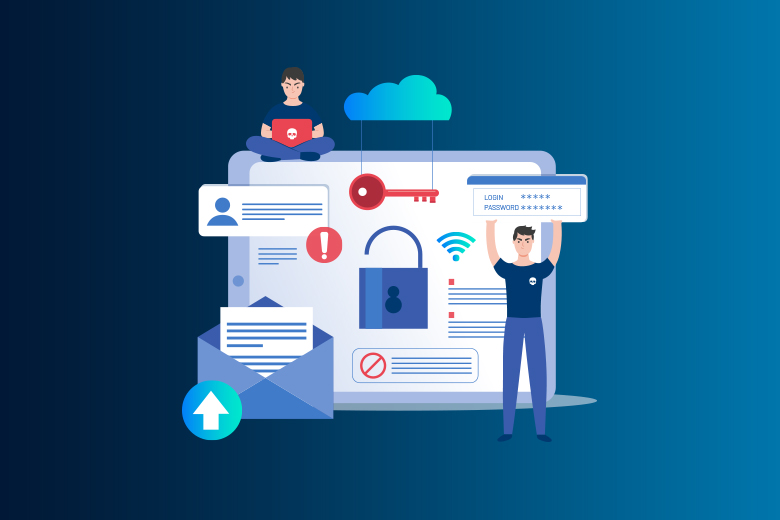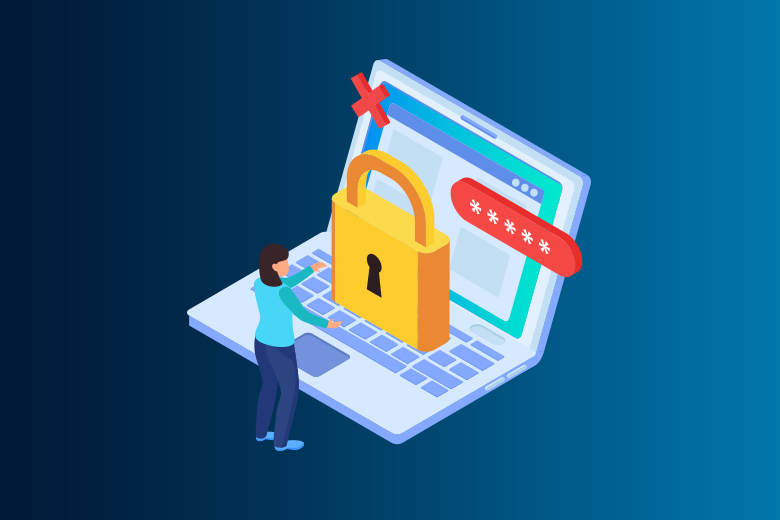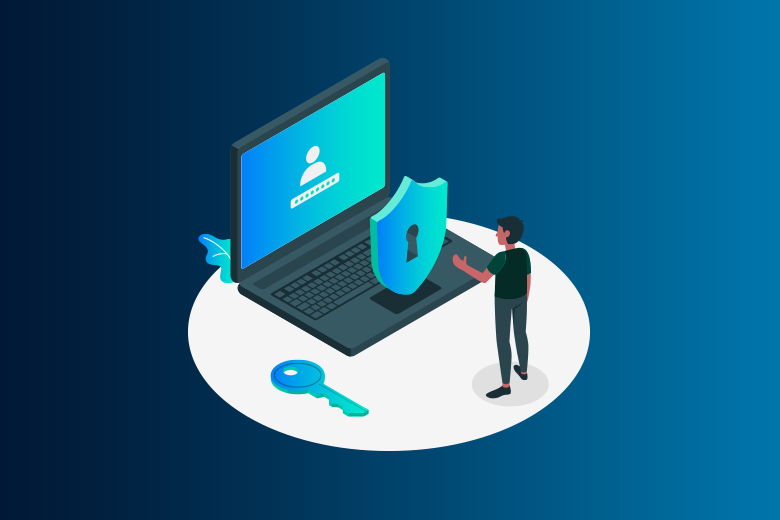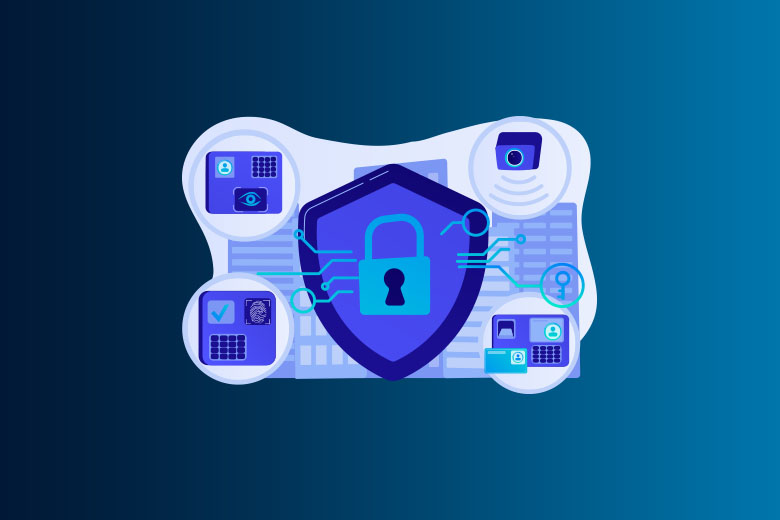20 November 2023
SafeAeon Inc.Cybersecurity is the wall that keeps processes safe from the chaos of cyber threats. Because almost every business is connected to the internet and relies on IT infrastructure, cyber risks cast a large and scary shadow over everything. A cybersecurity risk review is not only helpful, it's necessary to figure out how big these risks are and how to handle them. This careful process goes beyond the normal list of possible disasters like fire or flooding. It focuses on cyber threats that could get through an organization's digital defenses.
Why is this kind of Evaluation important?
It helps businesses figure out which of their digital assets are the weakest and most important to their business goals. Then the process of protecting these assets starts, which includes a clear-eyed look at possible cyberattacks, how likely they are to happen, and how they might stop the business in its tracks. That's not just a regular check-up; this is a deep dive into the online anatomy of a company, showing where the weak spots are and how to make them stronger.
Knowing these details is important for a strong defense that isn't just about avoiding bullets but also about building a culture of risk awareness that is as strong as the protection it protects. In this situation, vishing simulation becomes an important tool for making people more aware in a world where voice-based lies are popular weapons for enemies that can't be seen. So, today we will discuss vishing and vishing simulation, a kind of phishing attack.
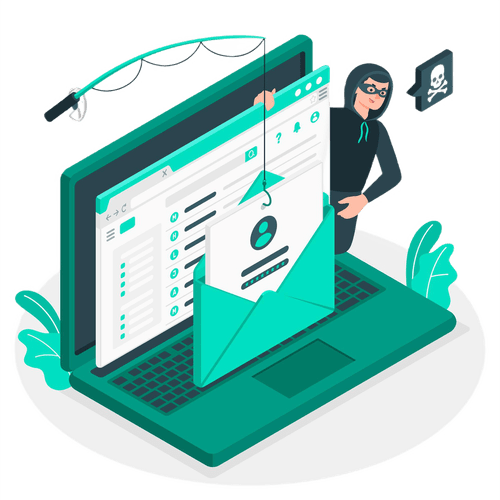
Understand Vishing
Using a phone call and a phishing scam together is called vishing. The goal is to get you to give away your private information without you knowing it. The fact that it's hard to tell who's on the other end of the line makes it very hard to stop being scammed.
How are you Vishing?
Think about getting a call that sounds like it's from your bank or a business you know and trust. The caller seems to be from a business and wants to know personal information like your bank account number or password. This could very well be an attempt to hack. Vishing, which stands for "voice phishing," is when con artists call you up and try to get private information from you.
Just how does vishing work?
In a vishing scam, the speaker may hide their number so it looks like they are calling from a real business, like your bank. They want you to trust them enough to give them private information like your credit card numbers, social security numbers, or login passwords. These con artists often sound real, and they might tell you that you need to act quickly because of an issue with your account.
Vishing Has Become More Tech-Heavy
As technology gets better, con artists also get smarter. They are now using AI to make speech sound more real and make scams more convincing. Even less easy to tell a fake call from the real thing.
It can get worse if you ping someone.
It's not always the end of vishing when the call comes in. It might be connected to other scams, like ads that are meant to harm your computer by putting bugs on it. In your haste to fix your computer, you may call a number that comes up to get help, only to find that it's part of a scam to get your money.
How to Detect a Vishing Simulation Scam with Key Tips and Tricks?
Even though it's not always easy to spot, there are some red flags that you should pay attention to.
If someone calls you and says they are from your bank, a computer repair shop, or even the cops, you should be careful. They might even act like they need your help and are in trouble. Don't jump at the bait yet, though. To be sure they're real, it's a good idea to ask for proof of who they are. Hang up and call them back using a real number you find yourself, not one they give you. Don't believe what they say.
Also, watch out for the rush. If the caller wants you to do something right away, wait. Scammers love to make you feel like you need to act quickly so that you'll say something personal without a thought. Take a moment to breathe and remember to keep your information to yourself if you feel rushed.
If they ask for sensitive information like your full name, address, bank information, birthday, or social security number, be careful. Scammers often do some research to sound like they're real, but their real goal is to get you to give them the missing pieces of your personal story. Always keep these facts secret.
How To Stay Safe?
There are businesses like Aware that use phishing models to teach people how to protect themselves. These simulations are based on real scams and are used to teach staff how to spot and avoid them. This kind of training is very important if you want to keep yourself and your business safe from the expensive effects of data hacks.
Remember that you can hang up if you think someone is calling you from a number you don't trust. Keep your personal information safe at all times and learn about the tricks scammers might use to get you to fall for their tricks.
Some day-to-day example vishing scams
Here are seven types of vishing scams, broken down so you can spot them and stay away from them:
AI-Based Vishing: Imagine getting a call from someone who sounds like your boss and wants you to make a big cash deal. That is AI's power when it is used in the wrong way. Voice cloning technologies are now used by scammers and have already been used in huge scams, such as the $35 million theft in 2021. These AI systems learn from public recordings of people talking, and they can be very convincing.
Robocall scams happen when someone calls you from an unknown number and plays a recorded message asking for personal information. The most effective defense? When calling, if you hear a machine voice, hang up.
VoIP Fraud: VoIP technology is great for real businesses, but it's also perfect for con artists. They can lie about numbers to make them look more real. If you think something is wrong, then ask for a follow-up email or suggest a meeting in person. Scammers will probably back off.
Caller ID Spoofing: Scammers use software to make fake phone numbers that look like real ones, like those of hospitals or tax agencies. If you're not sure, move the topic to a different way of talking. Some tech can find these fake IDs and block them.
Dumpster diving is a classic method that still works. Scammers go through a company's trash to find personal information they can use in their vishing attacks. To stop this from happening, shred any private papers.
Phone Call for Tech Support: In big companies, it's common for employees to not know anyone in tech support. This is used by scammers who pretend to be tech support staff and ask for passwords. How to fix it? It's important to remember that real tech help will never ask for passwords over the phone.
Voicemail Phishing: Some con artists send emails that look like voicemail messages and link to sites that are infected with malware. To help your users spot fake emails, teach them to look for writing mistakes, strange logos, and email addresses that don't make sense.
The Client Call Con: Scammers pretend to be clients who need to pay their bills right away. They may have gotten this information by trash diving. Setting up a two-approval method for payments can stop these attempts and add an extra level of security.
Conclusion
Security awareness has transcended beyond passwords and firewalls. Voice phishing, or vishing, has become a sophisticated threat that takes advantage of the human part of security. As companies strengthen their cyber defenses, attackers change their attention to people who are easier to target because they trust voice communications. This shows how important vishing models are as a way to teach and test how alert teams are to these kinds of social engineering attacks. Companies can find possible weak spots in their human networks by simulating realistic vishing attempts. This gives people the skills to tell the difference between a real call and a well-dressed threat. You can get in touch with the team of professionals at SafeAeon for top-notch service.

